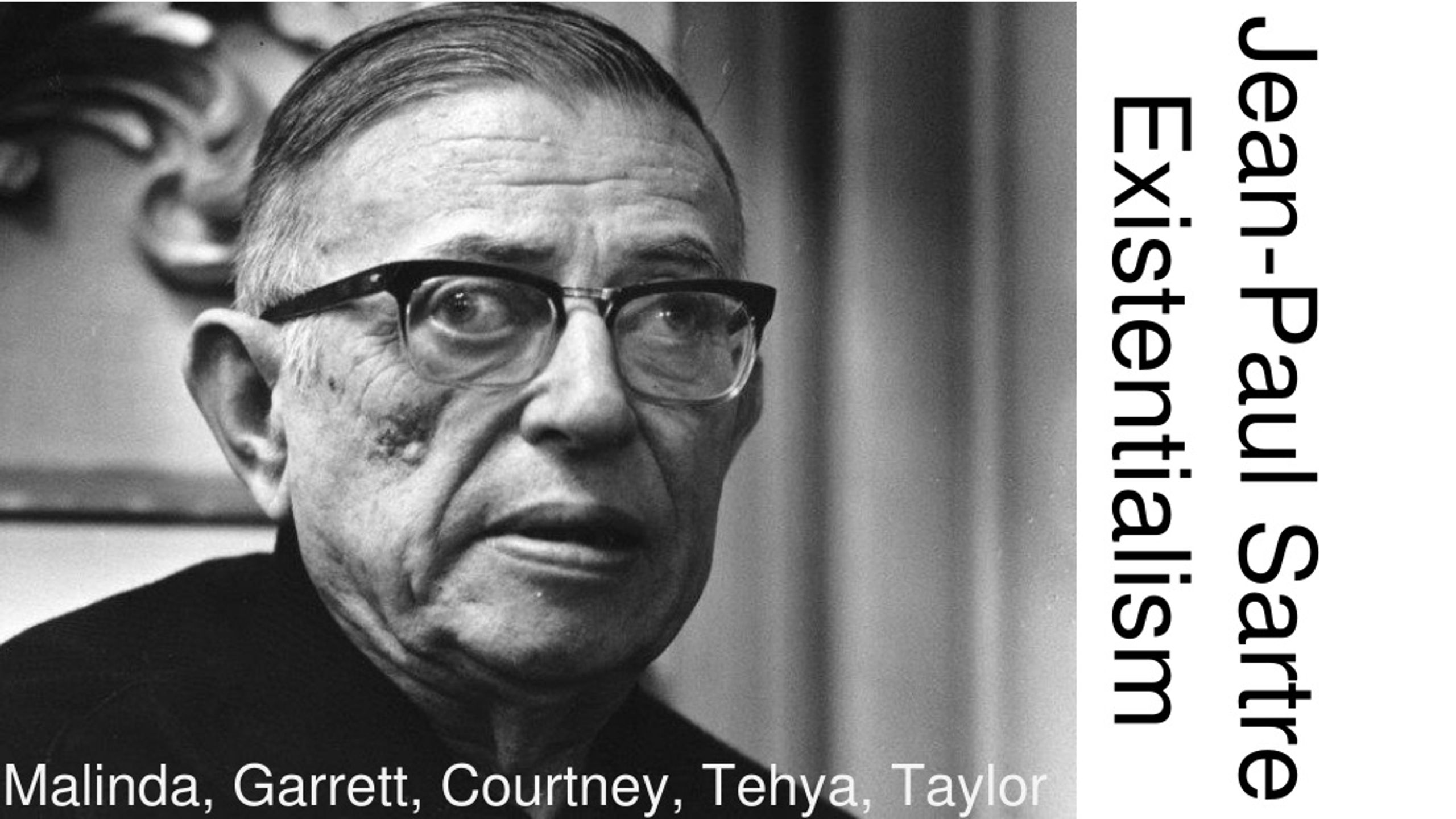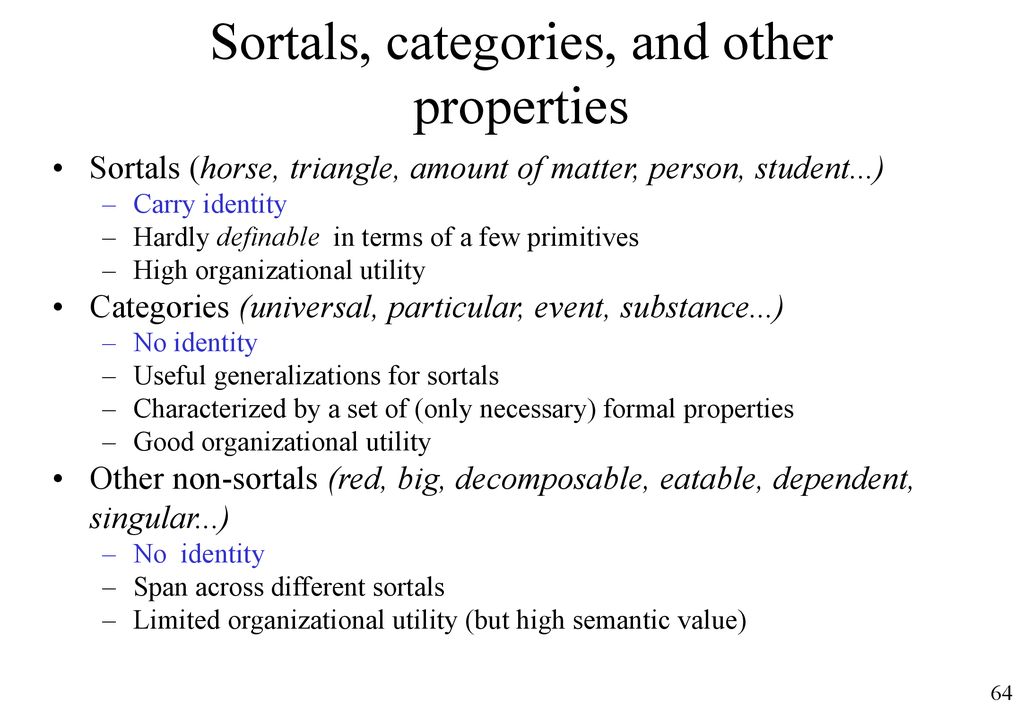The French philosopher Jean-Paul Sartre (1905-1980) was a major figure
in the history of ideas in the twentieth century. However, the field
of philosophy does not pay him much mind these days. His inspirations
Heidegger and Nietzsche receive plenty of attention, as do other
French thinkers such as Derrida, Foucault, Merleau-Ponty, and many
others.
But poor Sartre has been, well, binned. In my undergraduate classes,
we still read (out loud) Sartre’s famous lecture Existentialism is a
Humanism. Naturally, Sartre’s major work Being and Nothingness
would be a bit much for undergrad students (weighing in at 800 pages);
the purpose of Existentialism is a Humanism after all is to provide
a primer.
He gave the talk at the Club Maintenant in Paris just after World War
II in autumn 1945. It makes for fun reading, and I feel it offers a
worthwhile meditation on moral philosophy. I fear it has been
consigned to undergraduate classes, where the occasional student will
fall in love with existentialism and openly and proudly declare “I’m
an existentialist!” It happens. And it’s a joy to watch. I always
think to myself, “Is that what I sounded like in 1991?” Maybe.
So, in this brief essay, I am providing a primer on a primer. I hope
students and general readers who are curious will find it useful.
Sartre’s discourse Existentialism is a Humanism can be broken down
into five concepts:
- Existence precedes essence
- Freedom
- Responsibility
- Anguish
- Bad Faith
Your ad-blocker ate the form? Just click here to subscribe!
Existence precedes essence
The first can be considered one of the key concepts in Sartre’s
existentialism. He is saying that humans — individuals and the
species — begin life as nothing. They begin as things. Unlike his
example of a paperknife. When one designs and then manufactures
something like a paperknife or a table or a house, that particular
object begins as an idea. One does not just make a table. One has to
know what the table will be made of, how big it’s going to be, what it
will be used for, etc. In other words, there has to be a plan. For
humans, there is no plan. There is no God; Sartre takes an atheistic
position. This, he maintains, removes from consideration any
possibility of humans referring to a preordained essence or nature. In
other words, we cannot use God as an excuse. Also, no one is
watching. Humans are on their own, and what we make of the world is
completely due to our agency. Humanity (and you) are on their own. For
you: existence precedes essence; for the table: essence precedes
existence.
Freedom
Because existence precedes essence and we start as nothing, we can
establish our essence any way we see fit — we will whether we want to
or not. We are absolutely free. Sartre famously says we are “condemned
to freedom.” The slate is …
Read the full article which is published on Daily Philosophy (external link)








Click here to leave a comment.